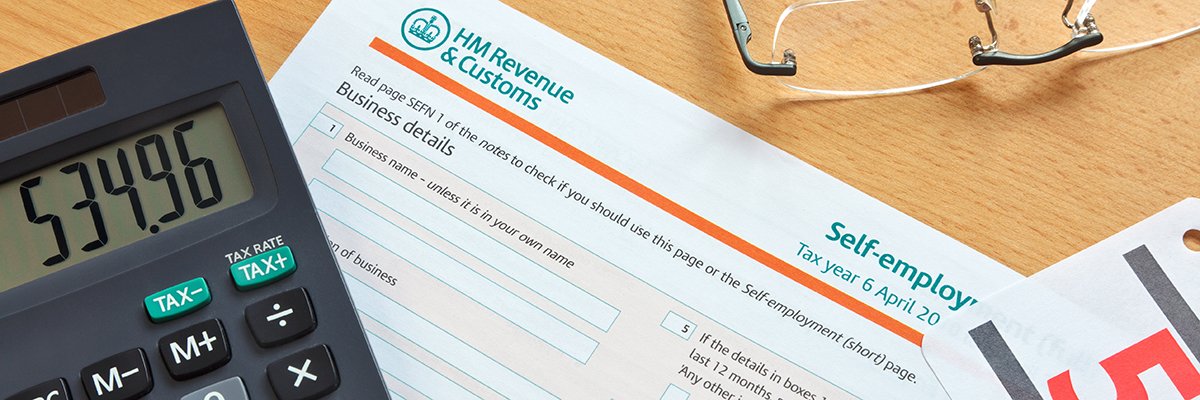Tech News
The Loan Charge scandal explained: Everything you need to know

Thousands of IT contractors are facing significant tax bills due to their involvement in remuneration schemes where they were paid through non-taxable loans rather than traditional salaries. These schemes, often operated by offshore trusts, were falsely marketed as compliant with HM Revenue & Customs regulations, leading contractors to join them based on advice from reputable tax advisers. Some contractors were even told they had to be paid in loans in order to work for certain organizations.
However, recent legislation known as the Loan Charge has brought these contractors under scrutiny by HMRC, aiming to recover taxes allegedly avoided between December 2010 and April 2019. Many affected individuals argue they were misled into participating in these schemes and are now facing financial consequences. Despite legal challenges and calls from MPs to hold promoters of these schemes accountable, the policy remains in effect with no signs of revision from the government.
This situation has drawn comparisons to the Post Office Horizon IT scandal, where individuals acting in good faith were wrongly prosecuted. MPs have criticized HMRC for targeting contractors instead of the scheme promoters who profited from these arrangements. The lack of action against promoters has raised concerns about fairness and accountability in the enforcement of tax laws.
MP Sammy Wilson highlighted the disparity in treatment between contractors and scheme promoters, emphasizing the need for HMRC to pursue those responsible for promoting these schemes. He criticized HMRC for targeting easy targets while allowing promoters to evade accountability despite benefiting financially from the schemes.
“The promoters are not being pursued, but individuals are being harassed to the point of taking their own lives.” The publication of the independent review into the policy led to several tweaks being made, resulting in an estimated reduction of the policy’s total tax take by £620m.
HMRC suggests that around 50,000 individuals are affected by the Loan Charge policy, although the Loan Charge Action Group believes the number is much higher. Those affected include IT contractors, NHS workers, public sector agency staff, teachers, and individuals in the oil and gas sector.
The increase in loan-based remuneration schemes followed the introduction of the IR35 regulations by HMRC in 2000. These schemes allowed contractors to avoid IR35 regulations by becoming employees of umbrella companies and being paid in non-taxable loans. HMRC has never approved of these schemes and maintains that they do not work.
The impact of the Loan Charge policy has been significant, with reports of IT contractors having to sell their homes to cover unpaid taxes. There have been 10 suicides linked to the policy, prompting concerns about its effect on the health and well-being of those affected.
The individuals affected by the loan charge may have to repay their loans, despite the common belief that they would not be asked to do so. HMRC has stated that individuals must repay the tax they owe, even if they repay the loans.
Efforts to resolve the Loan Charge issue have included seeking settlements with HMRC, legal challenges, and calls for the government to address the marketing of these schemes to prevent future occurrences.
-

 Destination8 months ago
Destination8 months agoSingapore Airlines CEO set to join board of Air India, BA News, BA
-

 Breaking News10 months ago
Breaking News10 months agoCroatia to reintroduce compulsory military draft as regional tensions soar
-

 Tech News12 months ago
Tech News12 months agoBangladeshi police agents accused of selling citizens’ personal information on Telegram
-

 Gadgets3 months ago
Gadgets3 months agoSupernatural Season 16 Revival News, Cast, Plot and Release Date
-

 Productivity11 months ago
Productivity11 months agoHow Your Contact Center Can Become A Customer Engagement Center
-

 Gadgets3 weeks ago
Gadgets3 weeks agoFallout Season 2 Potential Release Date, Cast, Plot and News
-

 Breaking News10 months ago
Breaking News10 months agoBangladesh crisis: Refaat Ahmed sworn in as Bangladesh’s new chief justice
-

 Toys12 months ago
Toys12 months ago15 of the Best Trike & Tricycles Mums Recommend























